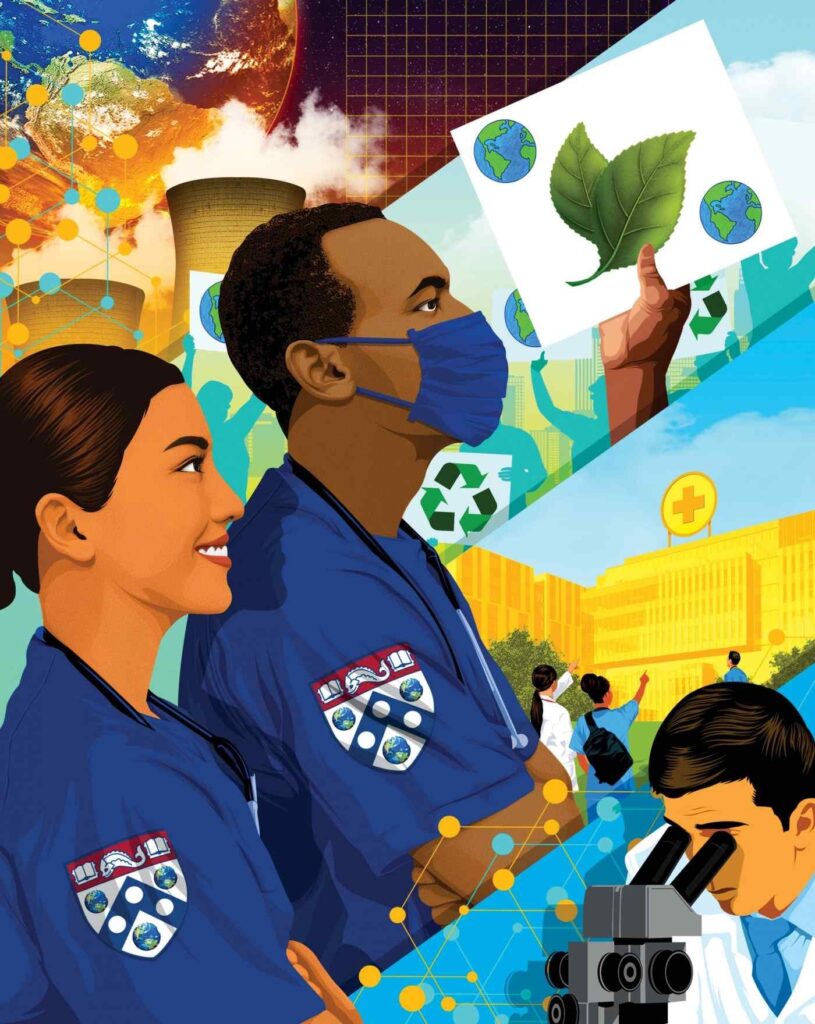Penn Nursing is retooling its curriculum, transforming its physical footprint, and conducting research on how the environment affects vulnerable populations. In a featured blog titled, “Environmental Justice League” on their website, writer Michelle Berger outlines the various initiatives, courses and professors that are working together to change how nurses are engaged with the environment and their patients.
A big part of the story is the work of PRCCEH Center member Jianghong Liu, PhD, RN, FAAN.
Liu has a background in maternal and child health, and she helped get off the ground two projects looking at lead exposure in early childhood, one in China in 2004 funded by the National Institute of Environmental Health Sciences and another in Philadelphia called the Health Brain Behavior Study in 2008. “I wanted to understand what happens to cognition and behavior when there’s consistent exposure,” she says. “What is the mechanism at play?”
In Jintan, a city in Jiangsu province on the eastern coast of China, industrial waste and air pollution put children in frequent contact with lead. There, Liu and colleagues recruited 1,600 preschool age children, participants they followed through late adolescence. In Philadelphia, the researchers, which included colleagues from Penn’s Perelman School of Medicine and the School of Arts & Sciences, recruited 450 11- and 12-year-olds.
Parsing the data collected—which, over the years, has included EEGs and brain imaging, as well as variables around environment toxicology, neurocognition, nutrition, demographic risk, and more—Liu has learned a significant amount about how lead affects young bodies and minds. “We determined that lead exposure was related to a drop in IQ and to behavior problems. We also reported that it affects sleep and nutrition,” she says.

